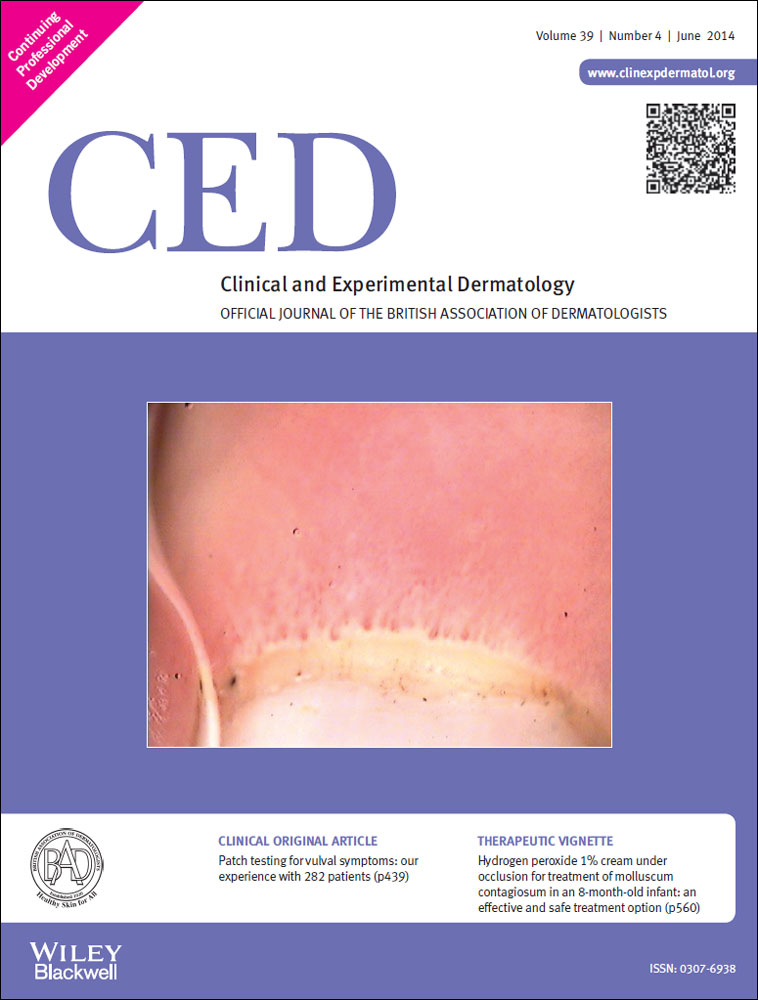Genetic markers of treatment response to tumour necrosis factor-α inhibitors in the treatment of psoriasis
Summary
Background
Anti-tumour necrosis factor (TNF)-α therapies have revolutionized the treatment of psoriasis; however, up to 50% of patients do not respond satisfactorily. Identification of pharmacogenetic markers of treatment response is an important stop in the development of individually tailored treatment. The objective of this study was to assess the association of human leucocyte antigen (HLA)-C, killer immunoglobulin receptor (KIR) and vitamin D receptor (VDR) genotypes with response to treatment by etanercept and adalimumab.
Methods
This was a study of 138 patients with severe chronic plaque psoriasis who were treated with etanercept and/or adalimumab. Patients were classified as responders if they achieved a 75% reduction in PASI (PASI75) or were almost clear of psoriasis after 24 weeks of therapy. The frequencies of HLA-C and KIR haplotypes and VDR polymorphisms were compared in responders and nonresponders. The frequency of all HLA-C and KIR genotypes were compared between the 138 patients with psoriasis and 247 healthy donors.
Results
The number of patients classified as responders was 46 of 94 (49%) in the etanercept group and 50 of 76 (66%) in the adalimumab group. None of the HLA-C, KIR or VDR genotypes examined was predictive of treatment response. Compared with healthy controls, patients with psoriasis were more likely to have the HLA-C*06 genotype (P < 0.001) and less likely to have the HLA-C*07 genotype (P < 0.001), whereas there was no significant difference in frequencies of any KIR subtype.
Conclusions
Using the candidate gene approach to identify biomarkers of treatment response in psoriasis may have limited utility. This was a small study with limited power. Future larger studies are needed to further examine these findings and to explore alternative approaches to identify predictors of treatment response to biological agents.




